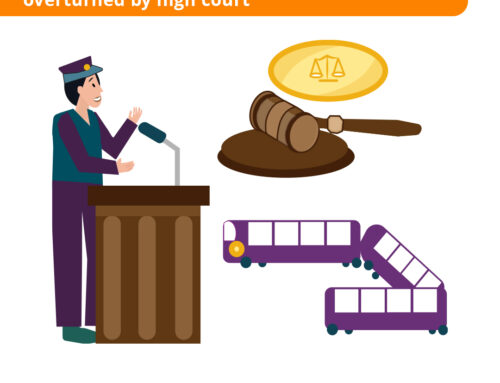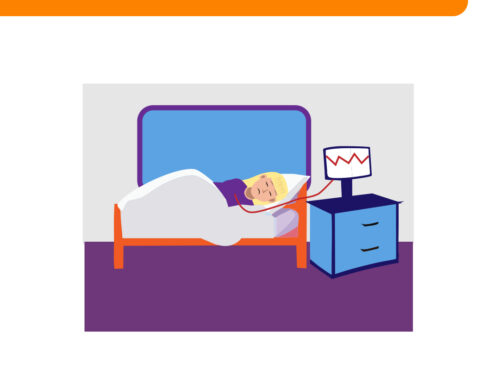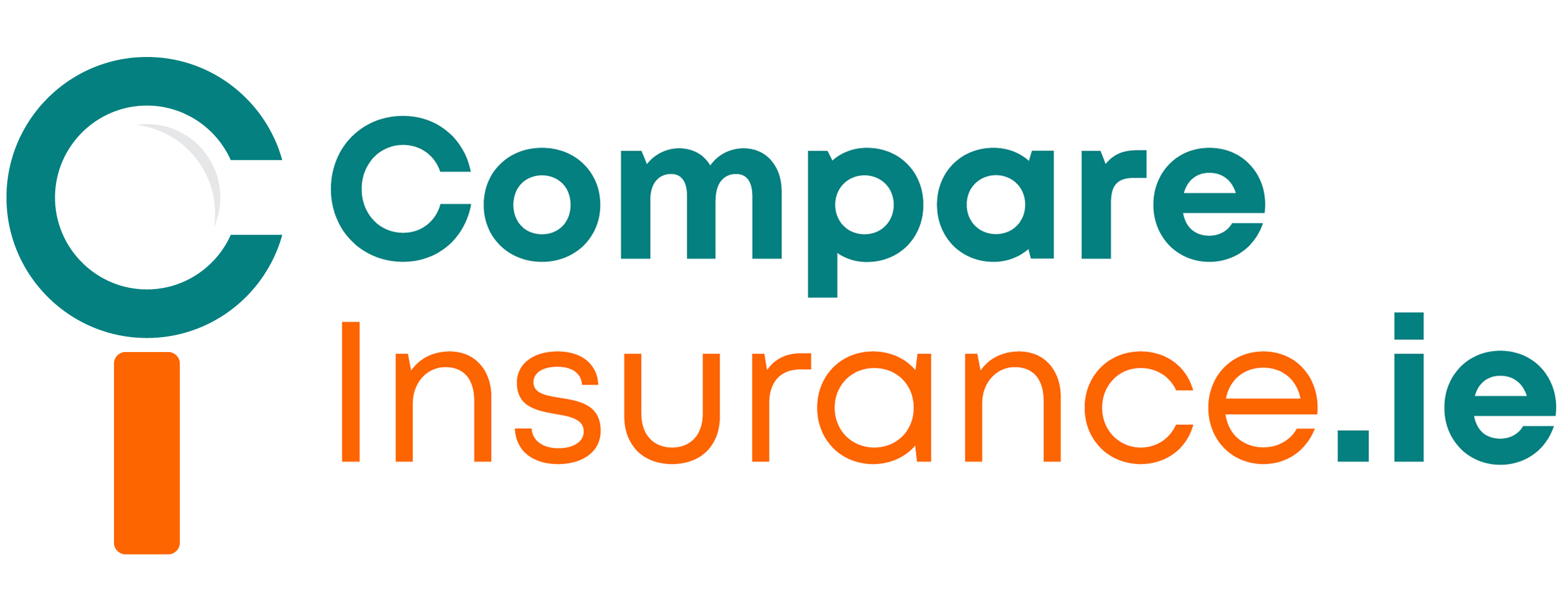Happy New Year, here’s hoping it will be a peaceful, healthy, and prosperous one!
However, what if an illness, injury, or disability were to prevent you from going to work this year? How would you manage all of those outgoings that you currently pay for from your salary or wages?
Nobody wants to think about being injured, ill or unable to work but it is something that you should spend a few moments thinking about as you put away the Christmas decorations and prepare to return to work.
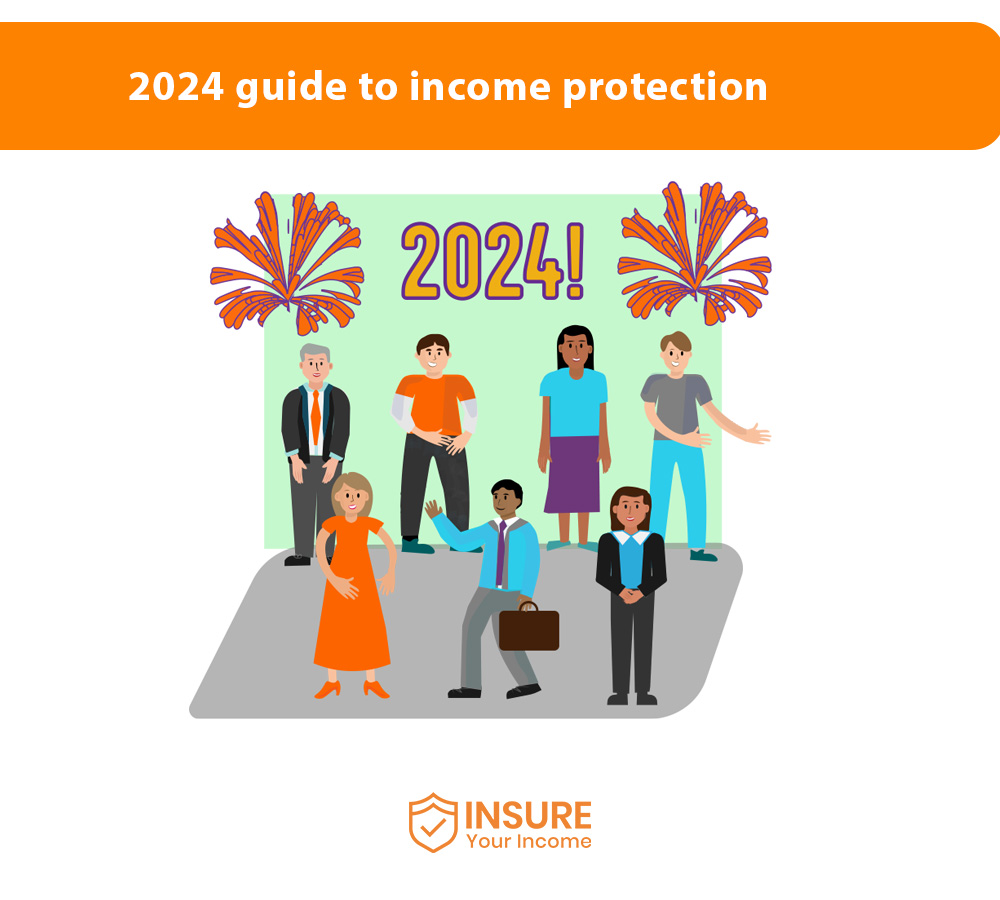
Table of Content
Sick Pay and Entitlements
Your employer will pay you sick pay, should you be unable to go to work. Statutory sick pay in Ireland has increased from 3 days to 5 days since 1st of January 2024. That’s 5 days a year on 70% of your pay, up to a maximum of €110 per day.
If you were injured, disabled, or seriously ill, you could be out of work for a lot longer than that and you could be relying on a State Illness Benefit or Disability Allowance of €232 per week.
Illness, injury, and disability can be financially devastating for your finances, aside from the pain, suffering, and emotional toll that being ill or injured can cause.
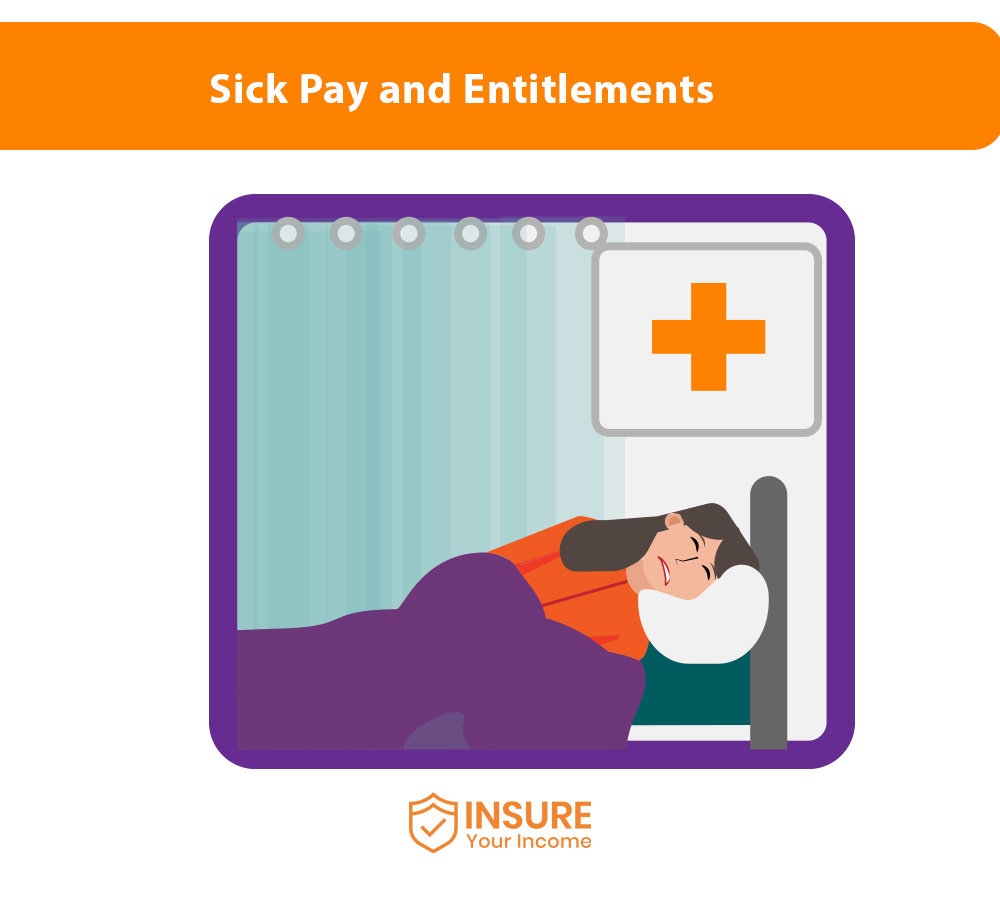
Income Protection Insurance
Income protection is a form of insurance that will pay you a benefit, should you be unable to work due to illness, disability, or following an injury.
Following the deferred period, the time period before you are paid any benefit on your income protection policy, your income protection insurance will pay a benefit to replace up to 75% of your income should you be unable to work.
For a monthly premium, you will be protected should you be out of work following illness, injury or disability. You can receive benefits for two years, or for the remainder of the term of the policy, depending on the type of cover you choose.
How much is Income Protection Premiums
The amount you will pay depends on a number of factors:
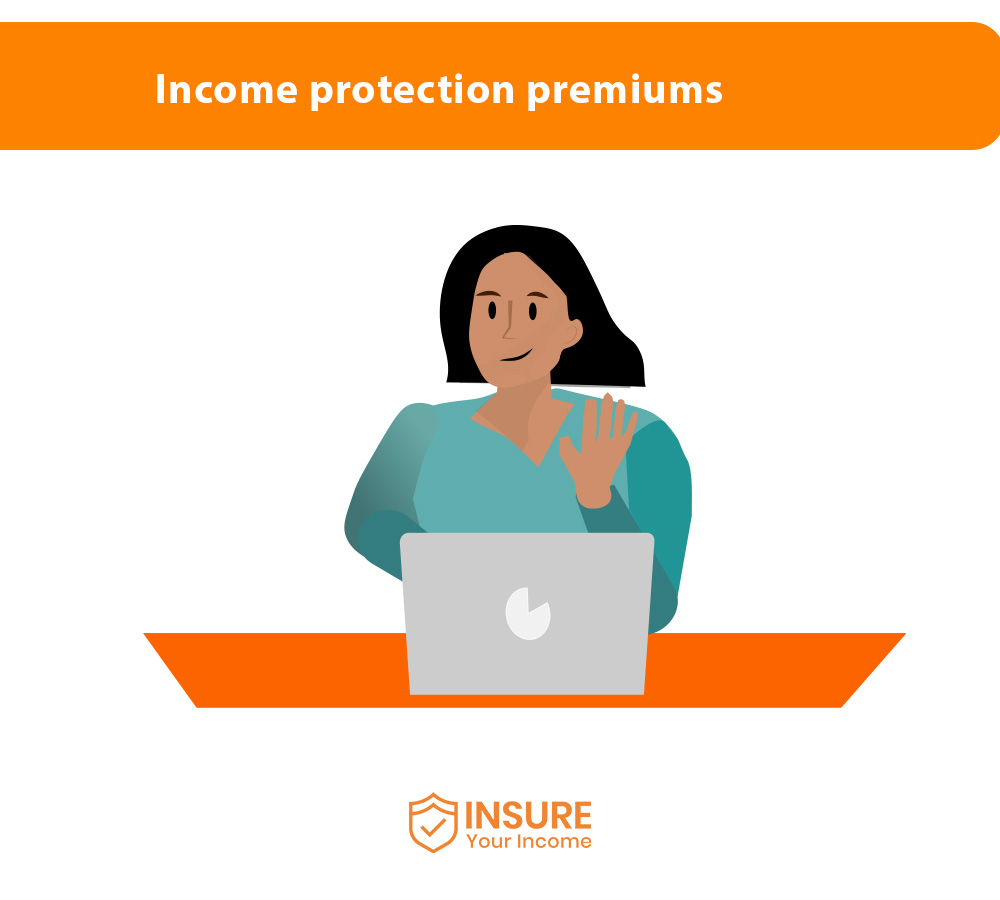
How to get more affordable income protection premiums
The most important advice in choosing any insurance product is to shop around. Insurers vary in how the above factors affect your premium and in how they view pre-existing health issues, or occupational classes so it is always a good idea to get a few quotes.
Why not use our online assessment or speak to one of our advisors. We can discuss your options with you and find an income protection policy that is the best fit for you from the following list of insurers:




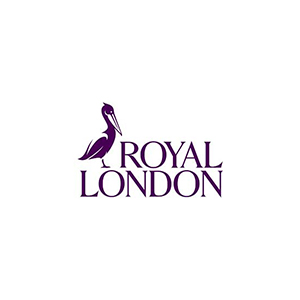
In these days of the cost of living price increases everywhere, there are more affordable options to protect your income.
You may wish to choose protection that covers a lower proportion of your income, especially if you are on a higher salary, or choose a longer deferred period if you have generous sick pay benefits from your employer or significant savings. If you are self-employed, you may still prefer a shorter deferred period as you have less entitlement to social welfare payments and you will not receive employer sick pay.
If you find that your occupational risk is too high to find affordable (or any) income protection, then you may choose a wage protector product. Aviva offers Wage Protector which will replace a proportion of your income for 24 months if you are unable to work, and further benefit if you suffer severe disability.
Support to Return to Work
Many income protection insurers offer wellbeing and therapeutic support to their income protection customers. Supports such as nurse advice, second medical opinion, or psychological or bereavement counseling may be available from different insurers. It is worth checking what is available with your policy, as these supports may facilitate your return to work, should you be in a position to return.
Income Protection insurers may offer proportional payments, should you return to work part time or in a less senior role than before. This would mean that you could retain a portion of your payment to make up for the reduction in income involved.
If you wish to change career following an illness or injury, some insurers offer therapeutic support to enable you to do so.
Be protected in 2024
It is easy to put off thinking about income protection. Nobody wants to start the new year thinking about being ill or injured and unable to work.
However, income protection gives you peace of mind that your essential outgoings such as mortgage payments or debts would be covered should you be out of work.
Fill out our online assessment or speak to one of our advisers today and we can help you to find affordable income protection to fit with your circumstances and your financial situation. You will be glad you made the time.



